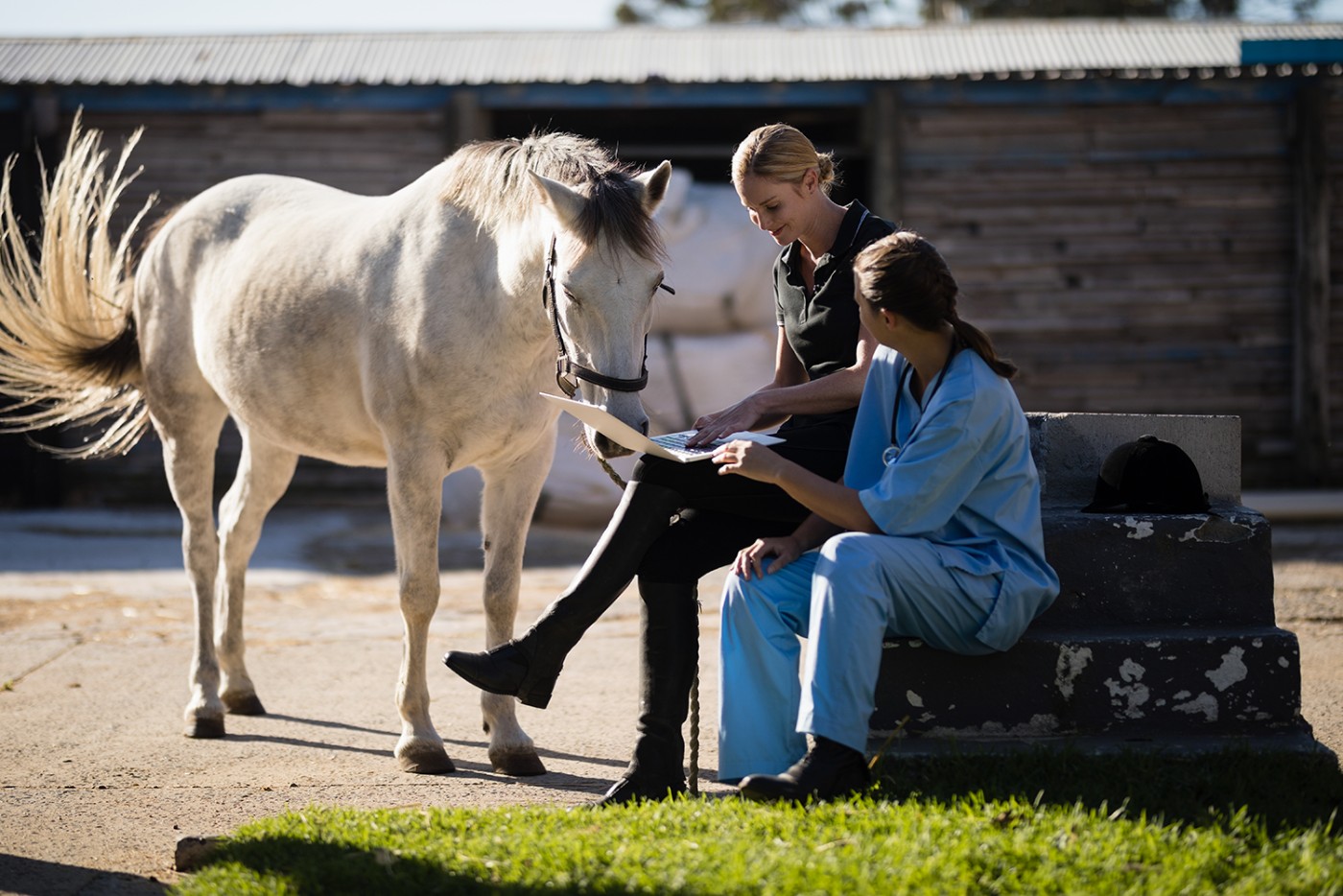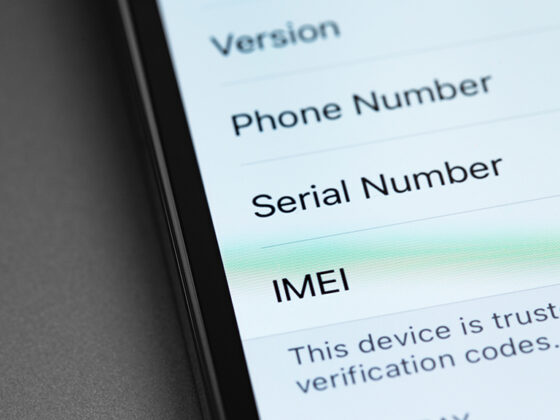In recent years, the equine healthcare industry has seen a significant shift towards integrating digital solutions to improve the overall management and care of horses. From wearable health monitors to telemedicine platforms, these technological advancements have the potential to revolutionize the way equine health professionals monitor, diagnose, and treat conditions in horses.
While the benefits of incorporating digital solutions into equine healthcare are vast, there are also several challenges that come with this transition. This article will explore the advantages and obstacles of integrating digital technologies into equine healthcare and how both can impact the industry moving forward.
Introduction to Integrating Digital Solutions in Equine Healthcare

In the rapidly evolving landscape of equine healthcare, the integration of digital solutions has become increasingly essential. From electronic medical records and telemedicine to wearable technology and virtual reality, the opportunities for improving the quality of care for horses are wide-ranging.
However, along with these exciting possibilities come unique challenges that must be addressed in order to successfully implement and utilize these digital solutions. This article will explore the benefits and potential pitfalls of integrating digital technologies into equine healthcare, offering insight into how horse owners, veterinarians, and industry professionals can navigate this new frontier in horse care.
Advantages of Implementing Digital Solutions in Equine Care

Implementing digital solutions in equine care offers numerous advantages for both horse owners and veterinarians. One primary benefit is the ability to track and monitor the health and wellness of horses in real-time, giving stakeholders immediate access to crucial data. This data can help detect potential health issues early on, allowing for prompt intervention and treatment. Digital solutions also streamline administrative tasks such as scheduling appointments and managing medical records, improving overall efficiency and organization in equine healthcare practices.
Additionally, these technologies can enhance communication between horse owners and veterinarians, leading to better collaboration and ultimately better outcomes for the horses. In conclusion, the integration of digital solutions in equine care is a game-changer in improving the overall health and well-being of these magnificent animals.
Potential Challenges of Adopting Digital Technologies in Equine Healthcare

One of the potential challenges of adopting digital technologies in equine healthcare is the resistance of traditional practitioners to change. Many veterinarians and equine professionals may be hesitant to embrace new technological solutions, preferring to stick to traditional methods that they are more familiar with. Additionally, the cost of implementing digital technologies and the training required to use them effectively can be significant barriers for smaller equine healthcare facilities.
Furthermore, ensuring the data privacy and security of sensitive information collected through digital platforms is also a crucial concern that needs to be addressed. Ultimately, overcoming these challenges will require a combination of education, training, and investment in order to fully integrate digital solutions into equine healthcare practices.
Conclusion
In conclusion, the integration of digital solutions into equine healthcare offers numerous benefits, such as improved monitoring, decision-making, and overall horse well-being. However, there are also challenges that must be addressed, including data privacy concerns and the need for appropriate training and resources. Despite these challenges, the potential for enhanced care and management of horses through the use of digital solutions is significant.
By leveraging technology such as the Best Hoof Conditioner, owners and veterinarians can work together to provide the best possible care for their equine companions, leading to healthier and happier horses in the long run. It is clear that the future of equine healthcare lies in the effective integration of digital solutions.


